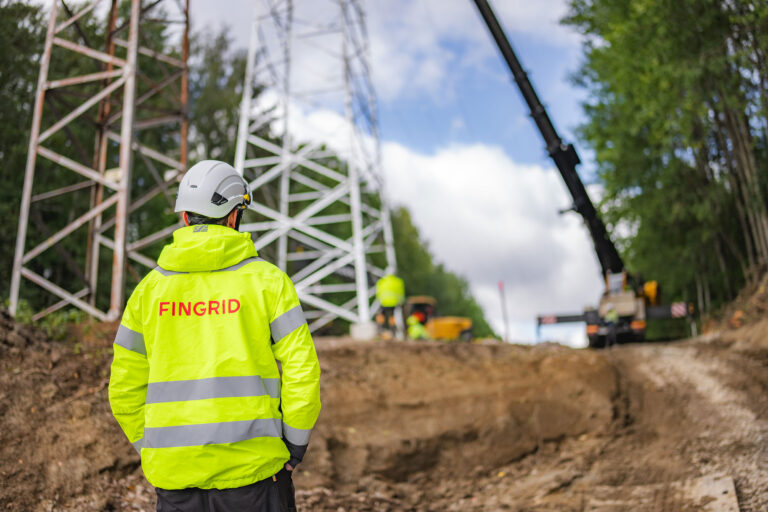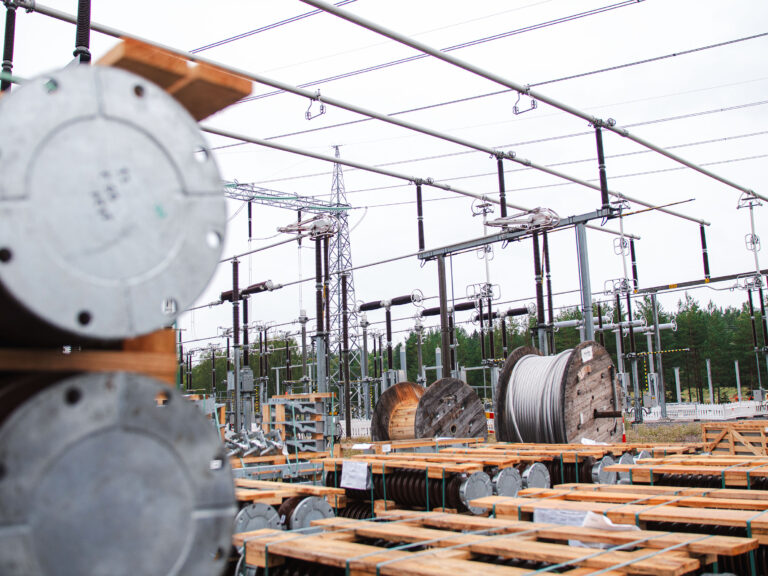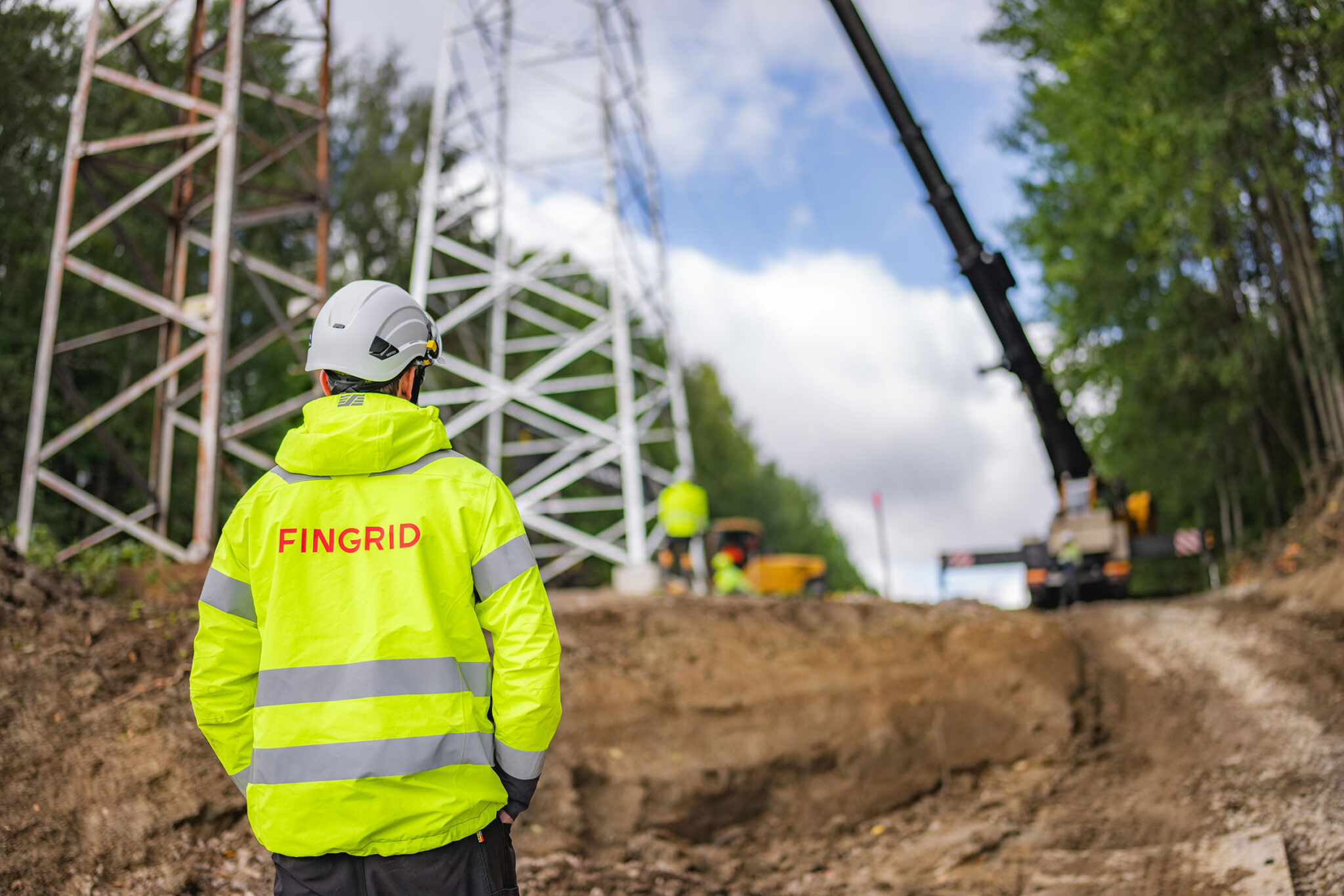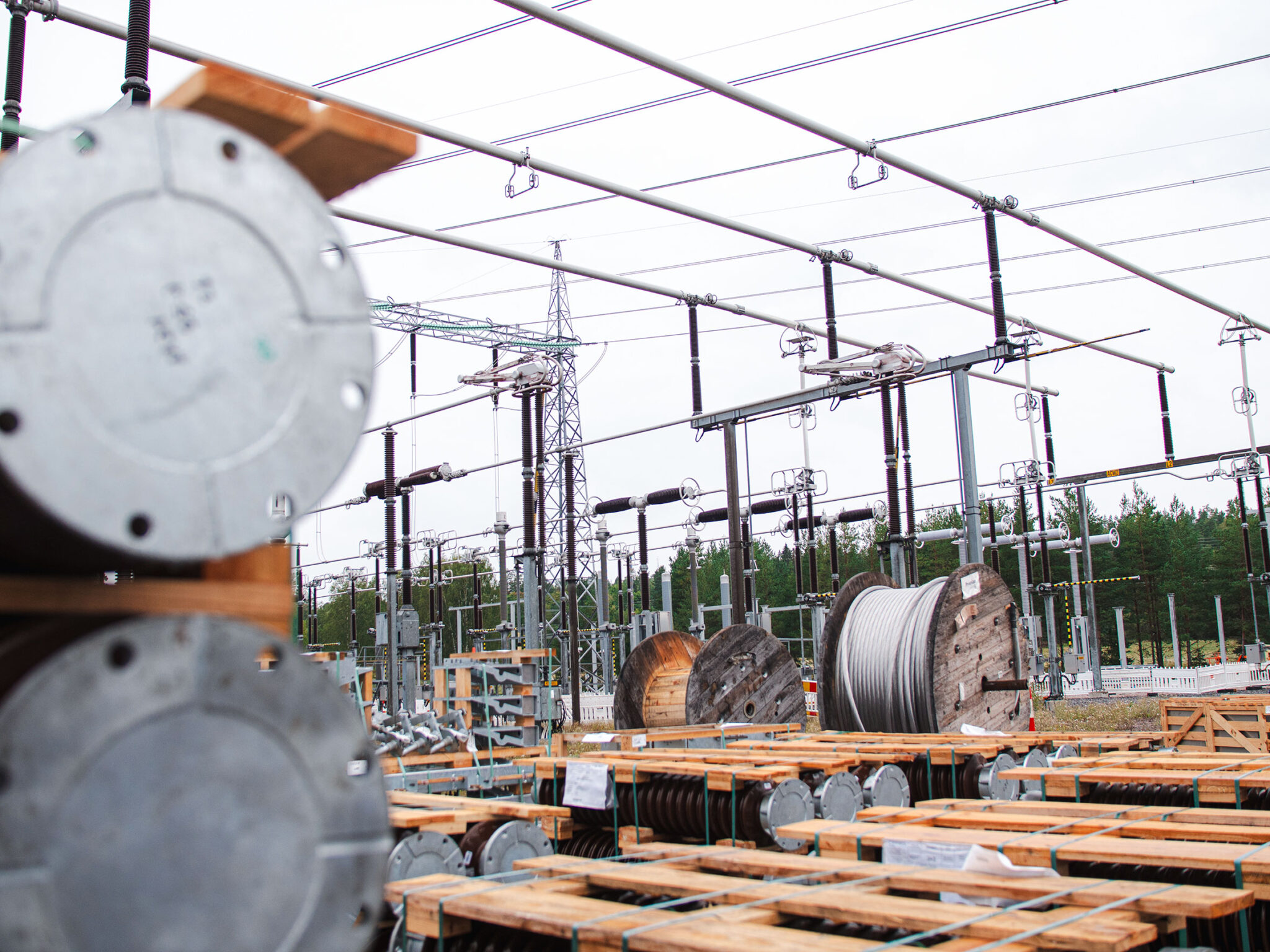If we look after the overall efficiency of the energy system at the same time, we will already be quite a long way towards saving the world for future generations.
Combating climate change and, consequently, completely renovating the energy system will affect us all. The scope of modernisation and the required rate of implementation are so vast that it is hard to imagine the actions of industrial organisations only being sufficient. It will also be necessary to target policy measures at consumers and households directly. Some of these measures will please consumers, while others will be harder to accept. However, consumers must also adjust their behaviour if we are to have any chance of successfully combating climate change.
As policy measures get closer and closer to consumers, it becomes more and more relevant to target different consumer groups and ensure that actions are socially fair. For example, there was much debate around subsidies for purchasing electric vehicles during the campaigns for last spring’s parliamentary election. Purchase subsidies would most likely benefit high-income households. Consumers for whom the idea of buying a new electric car with an above-average price tag is a possibility. Subsidies for purchasing electric cars could be seen as a transfer of income to well-off households.
A broadly similar example is the subsidy for purchasing solar power systems, which is likely to affect high-income residents who live in detached houses and have the means to make such an investment. With or without subsidies, people can often save money in the form of transmission fees and electricity taxes by installing solar panels. At present, transmission fees and taxes are mostly structured around energy consumption, so the savings gained by an individual consumer are indirectly transferred for other electricity consumers to pay.
Traditionally, energy policy has been perceived as the need to balance three factors: reliability of supply, competitiveness and sustainability. The best energy policy measures take all three dimensions into consideration. Sustainability is often perceived as the impact of energy policy on the environment and climate. Now that the energy revolution is underway, sustainability should be addressed more broadly and include the aspect of social acceptability. How can policy-makers ensure that the divisive effects of policy measures are balanced out and that every consumer has an equal stake in the battle against climate change?
The EU’s Clean Energy Package requires Member States to enable energy communities to operate. Energy communities will lower the threshold for all consumers to benefit from the energy revolution. They will help housing companies or city districts to carry out joint energy projects. A similar policy measure would be to enable internal netting within housing companies, thereby facilitating investments in renewable energy, among other investments. Measures like this are required in order to enable more and more people to participate in the energy overhaul and save money on their energy bills.
The recent gilets jaunes rioting in France demonstrates the potential consequences of energy policy if it is seen to lack social sustainability. We can hope that such consequences will be avoided in Finland over the next few years as the energy revolution touches the lives of consumers more closely. However, although the dividing impacts may not be entirely fair, it would be most unfair to do nothing at all.







